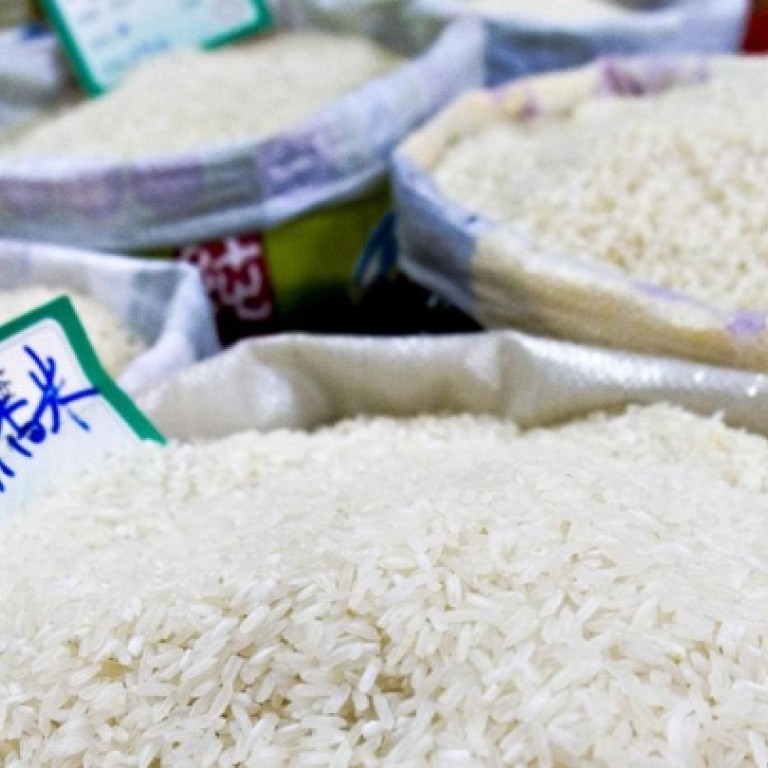
High cadmium levels found in Guangzhou rice
Nearly half the rice and rice products on sale in Guangzhou contain too much cadmium, a toxin and carcinogen that can damage the kidneys, a three-month investigation by the city's food safety authorities found.
Nearly half the rice and rice products on sale in Guangzhou contain too much cadmium, a toxin and carcinogen that can damage the kidneys, a three-month investigation by the city's food safety authorities found.

The inspectors also checked other types of food, including cakes, sausages, cooking oil and shark fin, and found them all significantly safer than rice.
The city government declined to disclose any information about the problematic rice, telling the that it was "inconvenient" to reveal the brands involved. The secrecy triggered a national outcry.
"How can you require us to trust … the government, trust the party, if you can't even give us the most basic health?" an internet user from Shandong wrote.
Professor Feng Zhiming , a researcher at the Chinese Academy of Sciences, said in Beijing that the findings had been released too late.
"The rice had already been produced, and a substantial amount of it might have been consumed by either city residents or farmers themselves," Feng said. "The government's effort should be visible at the beginning of rice production rather than at the end, in the market.
"The actual situation could be worse because it is impossible to check every bowl of rice eaten by every resident every day."
Feng said the authorities' reluctance to reveal detailed information about the problem, caused by land pollution, could partly be due to the lack of a source-tracing system for mainland agricultural products. Much rice sold in markets bears no brand at all, and even branded products might put rice from different places into one bag.
Feng said the authorities might also be worried that revealing too much information would trigger panic and could be under pressure from provinces where the rice was produced.
Excessive intake of cadmium can lead to kidney failure, lung impairment, bone diseases and cancer, according to studies. The heavy metal can remain in the body for up to 30 years.

